Sealing granite kitchen countertops is a crucial step in maintaining their beauty and longevity. Granite is a popular choice for kitchen countertops due to its durability, heat resistance, and aesthetic appeal. However, it is a porous material, meaning it can absorb liquids and stains if not properly sealed. In this discussion, we’ll delve into the importance of sealing granite countertops, the types of sealers available, the application process, and some tips for ongoing maintenance.
To begin with, the primary purpose of sealing granite countertops is to protect them from stains and spills. Unsealed granite can absorb liquids, leading to discoloration and the formation of stains that can be challenging to remove. By applying a high-quality sealer, you create a protective barrier on the surface of the granite, preventing liquids from penetrating and causing damage. This step is especially crucial in the kitchen, where countertops are exposed to various food and beverage spills daily.
There are different types of sealers available for granite countertops, including penetrating sealers and topical sealers. Penetrating sealers are absorbed into the stone, providing long-lasting protection without altering the natural appearance of the granite. On the other hand, topical sealers create a protective layer on the surface of the stone, offering enhanced stain resistance. The choice between these two types depends on personal preference and the specific needs of the countertop.
The application process for sealing granite countertops is generally straightforward but requires attention to detail. Before applying the sealer, it’s essential to clean the countertop thoroughly to remove any dirt, debris, or residues. Once the surface is clean and dry, the sealer can be applied using a soft cloth or applicator pad. It’s crucial to follow the manufacturer’s instructions regarding application and drying times to ensure optimal results. After the sealer has been applied, it’s recommended to perform a water droplet test to check the effectiveness of the seal.
/171583666-56a49f3b5f9b58b7d0d7e145.jpg)
In terms of frequency, granite countertops should be resealed periodically to maintain their protective barrier. The frequency depends on factors such as the type of sealer used, the porosity of the granite, and the amount of use the countertop receives. As a general guideline, many experts suggest resealing granite countertops every one to three years. However, it’s essential to monitor the performance of the sealer and reapply as needed.
One common misconception is that sealing granite makes it completely stain-proof. While sealing significantly reduces the likelihood of stains, it does not make the countertop immune to all potential damage. It’s still essential to promptly clean up spills and avoid placing hot cookware directly on the surface to prevent any potential harm.
In addition to sealing, proper maintenance is key to preserving the beauty of granite countertops. Regular cleaning with a mild, pH-balanced cleaner helps remove surface dirt and prevents the buildup of residues. Harsh chemicals, abrasive cleaners, and acidic substances should be avoided, as they can damage the sealer and the granite itself. Instead, opt for gentle, non-abrasive cleaning solutions to ensure the longevity of your countertop.
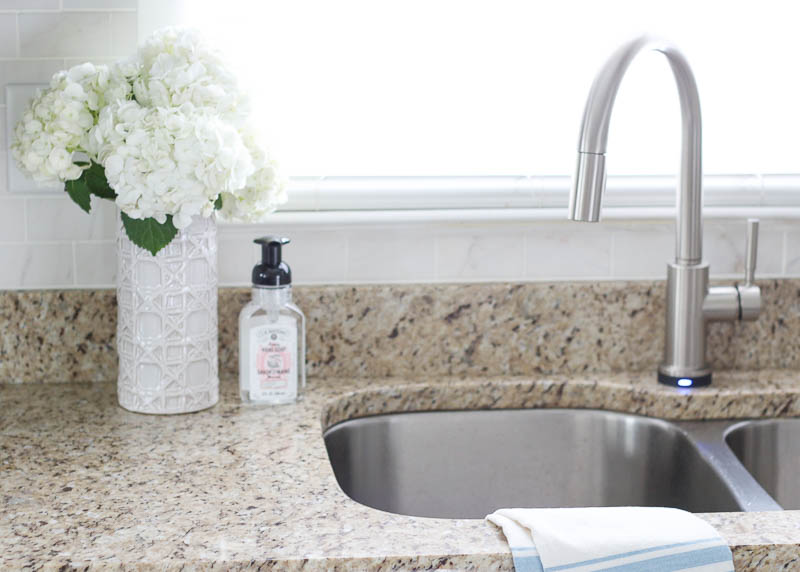
When it comes to choosing a sealer for granite countertops, it’s advisable to consult with the countertop manufacturer or supplier for specific recommendations. Different types of granite may have varying levels of porosity, influencing the choice of sealer. Additionally, consider whether the countertop is located in a high-traffic area, as this may impact the frequency of resealing.
Opinions on sealing granite countertops may vary, with some homeowners viewing it as an essential step for protection, while others may question its necessity. From a practical standpoint, investing in a high-quality sealer and taking the time to properly seal your granite countertops can be seen as a proactive measure to safeguard your investment. It’s a relatively simple and cost-effective way to enhance the lifespan of your countertops and preserve their aesthetic appeal.
Sealing granite kitchen countertops is a crucial aspect of their maintenance and care. It serves as a protective barrier against stains and spills, helping to keep the granite looking beautiful for years to come. The choice of sealer, the application process, and ongoing maintenance all contribute to the overall effectiveness of the sealing process. While opinions on the necessity of sealing may vary, the practical benefits and long-term protection make it a worthwhile consideration for anyone looking to maximize the lifespan of their granite countertops.
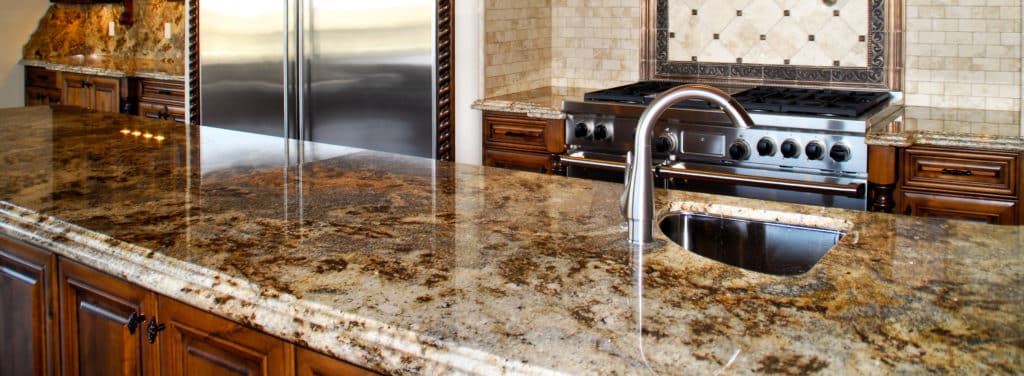
Sealing Granite Countertops [DIY Guide & Tips] – RSK Marble & Granite
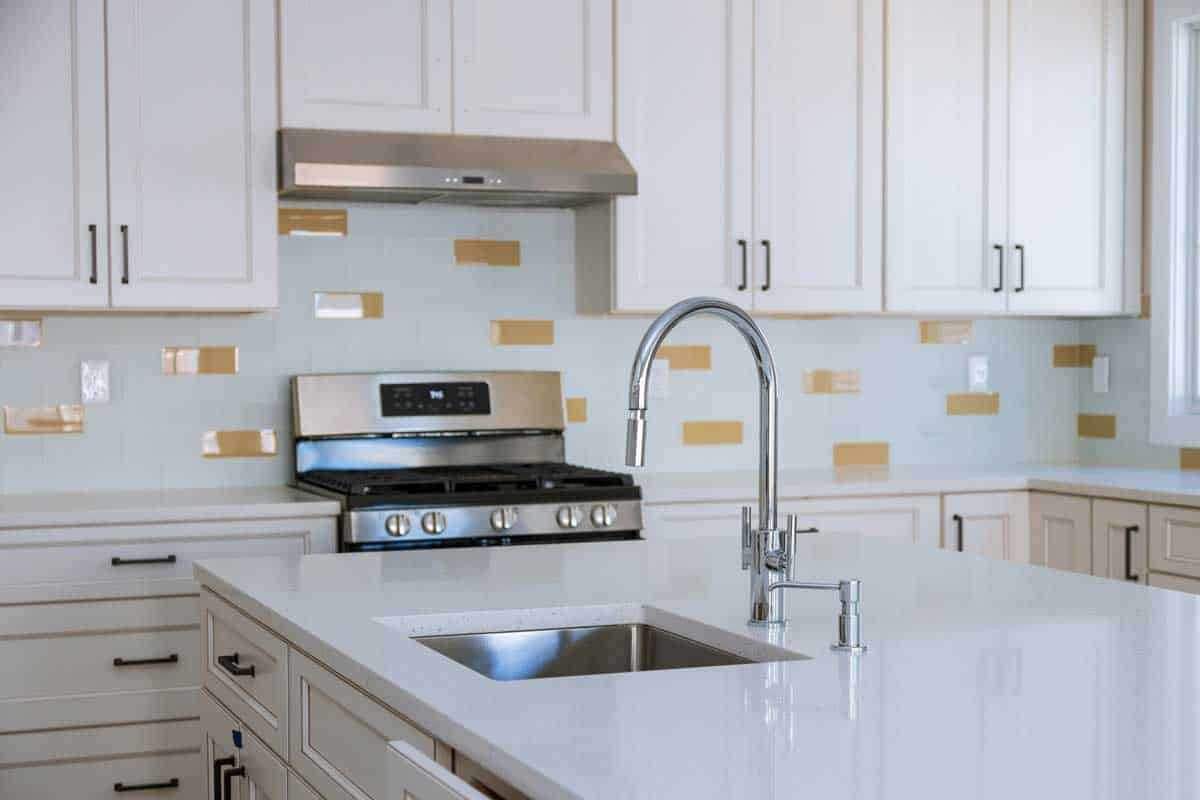
Tips You Should Know Before Sealing Your Granite Countertops

How to Care for Your Countertops – L&M Design.Build.Furnish
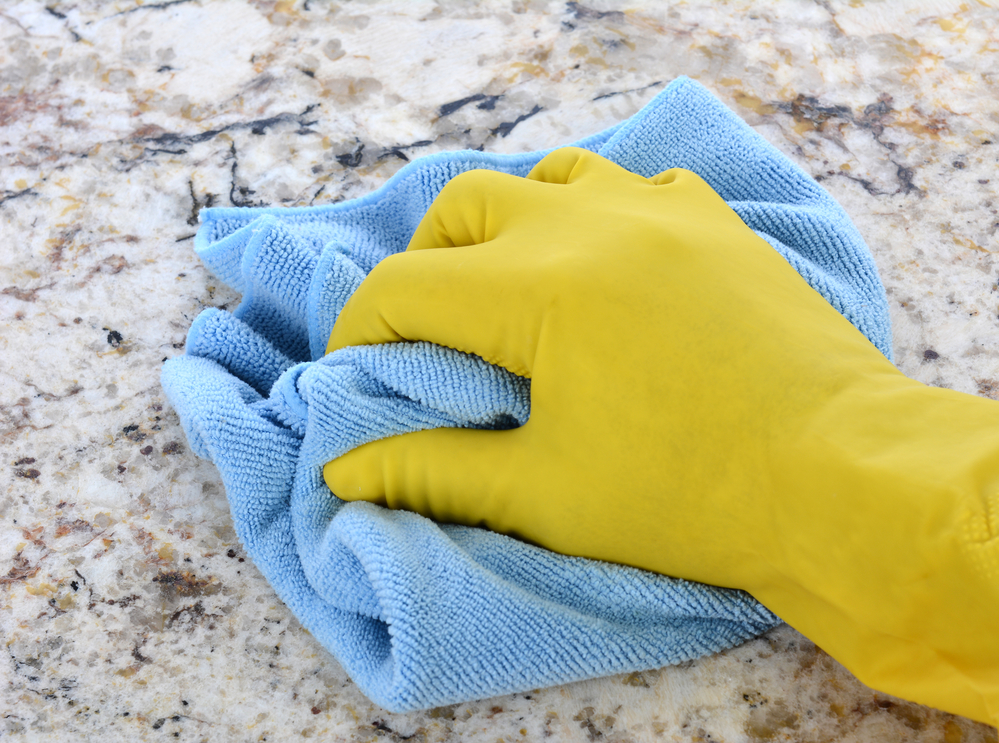
allen + roth Emerald Ridge Granite Black Kitchen Countertop Sample Lowes.com Green granite

How a Sealer Protects your Granite Countertops
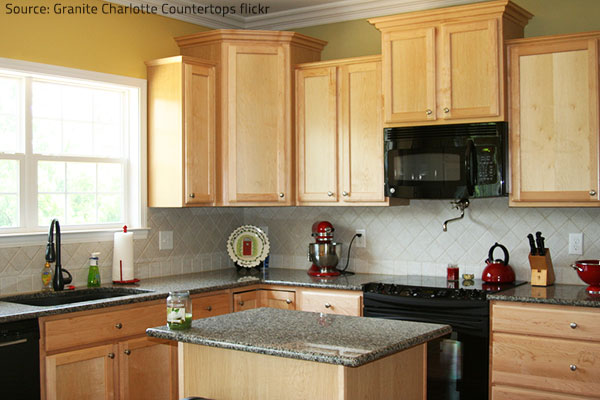
Sealing Our Granite Countertops by House*Tweaking Bob Vila Nation
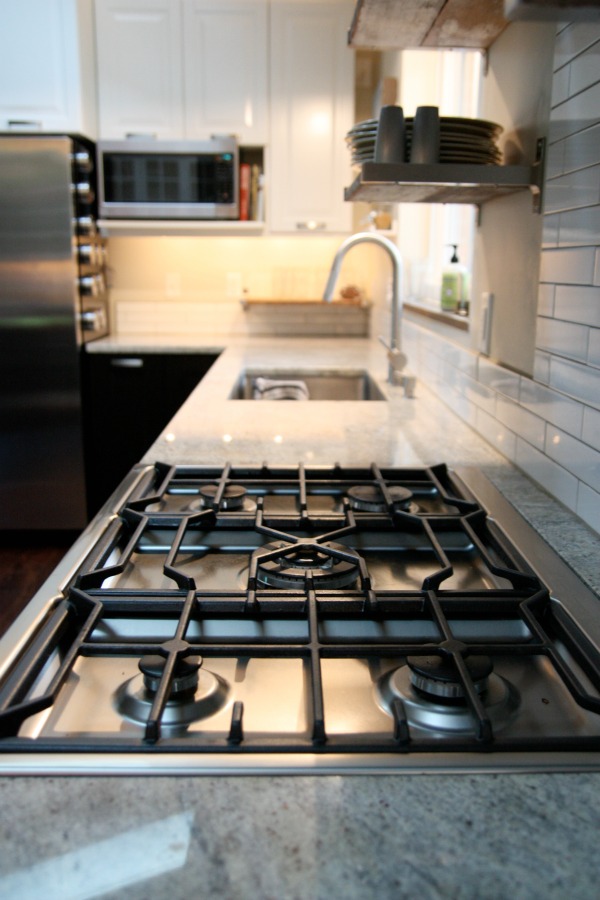
How to Care for Your Countertops – L&M Design.Build.Furnish

Dolce Vita Quartzite Countertops in Windermere FL

Tips on selecting the best granite countertop colors for a kitchen

Related Posts:
- Most Cost Effective Kitchen Countertops
- Kitchen Island Quartz Countertop
- Resurfacing Laminate Kitchen Countertops
- Sensa Caroline Summer Granite Kitchen Countertop
- Pop Up Receptacles Kitchen Countertop
- Painting Ceramic Tile Kitchen Countertops
- Can I Paint Kitchen Countertops
- Kitchen Countertop Finishes
- Engineered Kitchen Countertops
- Burnt Kitchen Countertop